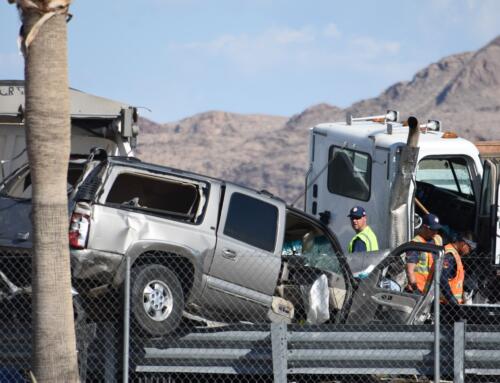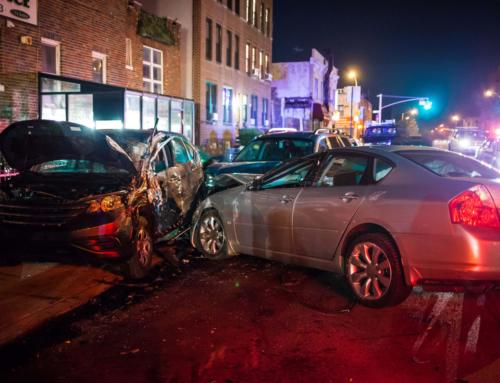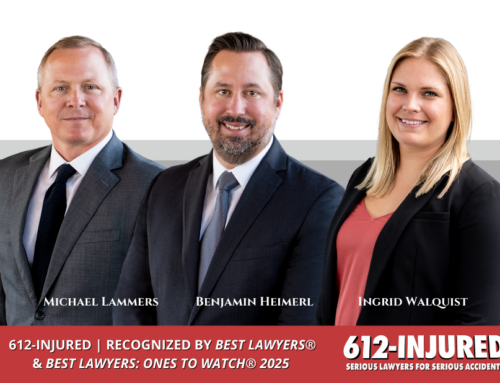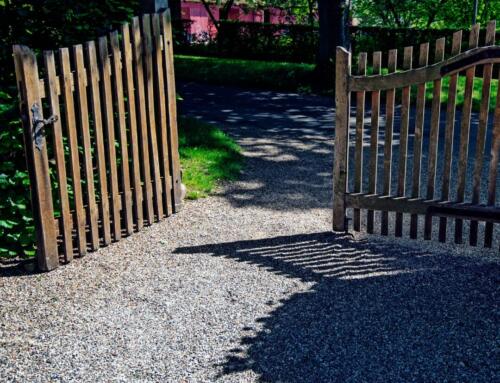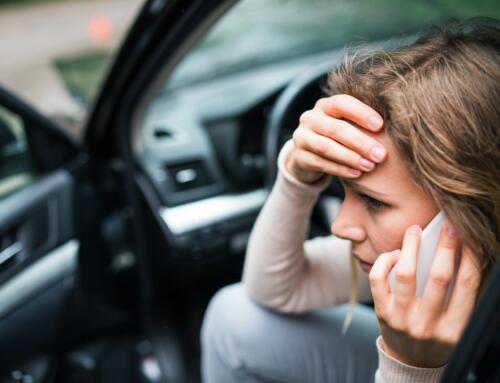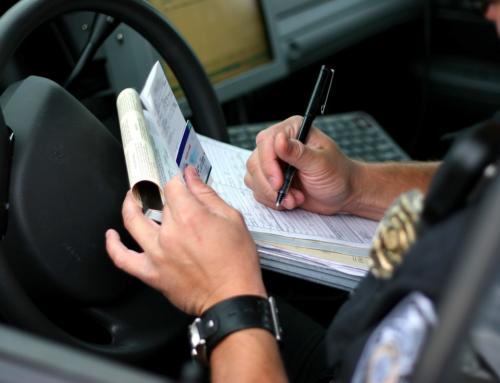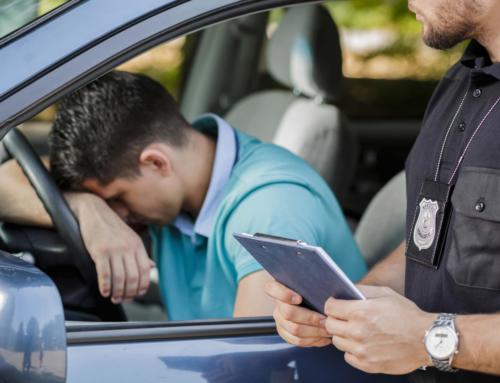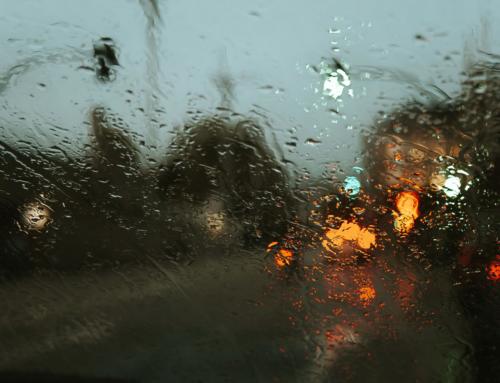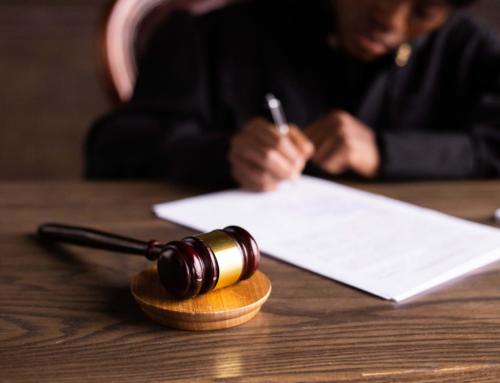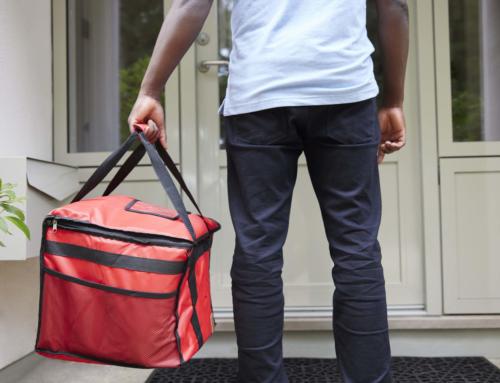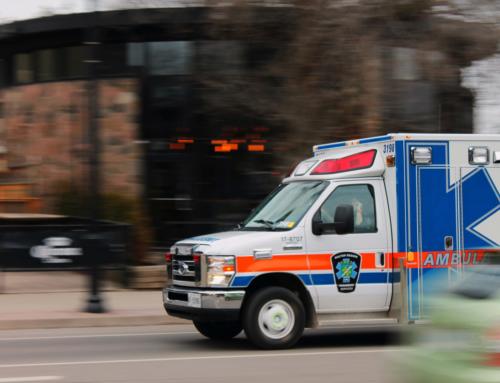If you’ve never been in a car accident, there may be concern about how to proceed after the collision. There are financial repercussions for every accident, even if it is not your fault. Reporting the incident to your insurance company is often the best option, but there are some exceptions.
When Reporting the Accident a Good Idea
If the other driver was at fault and the accident was a slow speed, minor collision with no real damage to the cars, there may not be a benefit to reporting the accident to your insurer. Insurer’s base your rates on the risk you present to them, so even if there is no damage, your insurer may decide that you are more likely to find yourself in parts of the city at times of the day where you are at an increased risk of another accident happening.
If you’re at fault for the accident but the damage to the other car is minor, it is perfectly appropriate to offer to pay for the damage yourself. In Minnesota, you are not legally required to report your accident to an insurance company, so if it is cheaper to pay for the damage out of pocket, it may be better for both parties. If the bill ends up being higher than you expected, you can always involve your insurance company later. If the damage to your car is minor, keep in mind that your deductible is a good threshold whether you should report the damage. If the estimate is less than your deductible, you will be paying the bill anyway.
How Your Insurance Can Help
Let’s say your accident isn’t a minor collision. What then? Not calling your insurance company may make things worse. If you are at fault for the accident, the insurance company for the other driver will be calling you for information, and then calling your insurance company next. Avoiding calls does not make the situation better. Insurance companies are equipped to track down faulty parties. They don’t make money by paying bills they don’t have to pay. Your insurance company also has a duty to defend you from the claim and hire an attorney if the other driver tries to take you to court. Get insurance involved right away.
Reporting Correctly: The 4 Steps
If you’re not at fault for the accident you should follow these steps:
- Get as much information from the other driver as possible, but don’t worry if you don’t get everything. Even if all you can get out of the other driver is their license plate information, that is enough for your insurance company to pursue.
- License Plate
- Insurance information
- Contact information
- Take photos of the damage to both vehicles and the surrounding area
- Car make and model
- Call the police, because they will help get additional information for you.
- Call your insurance. Check your insurance card. There should be a claims number. If it isn’t there, call your insurance, and they will get you connected. The people with whom you speak are unlikely to be the people with whom you will work on your claim going forward. They are representatives to help those involved in an accident get their claim set up and figure out the next steps. Having the basic information about both parties will be enough to get the claim started.
- A claims adjuster will call you to help you with the next steps. In the meantime, take initiative to learn about road safety and how to limit risky driving.
Remember to Stay Calm
The first call to your insurance company is not going to be where you win or lose your case if there is a dispute over how the accident happened. The person who takes in your information is not going to have much say, so just get through the process and get your claim number. If you’re uncomfortable with reporting the accident, you can have a family member or even your attorney report your claim for you. Take a breath, consider your options, and make the call.
Contact Us
If you have been in an accident that was not your fault, call or text the car accident lawyers at 612-INJURED at (612) 465-8733. We will evaluate your situation and create a plan to help get you the compensation you deserve.


